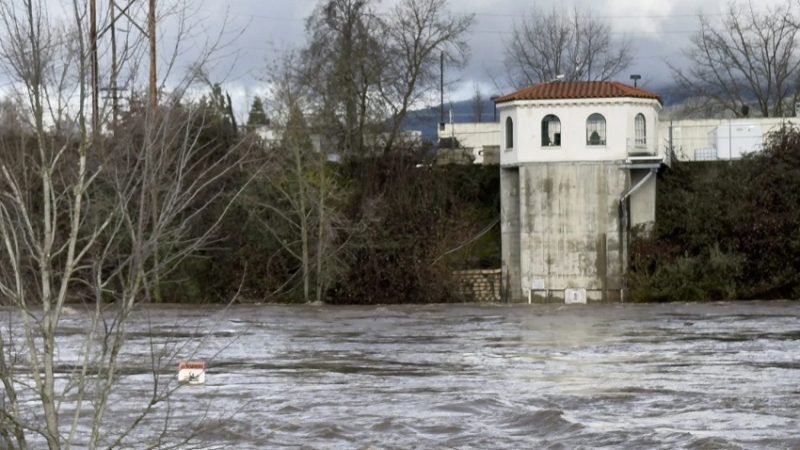GRANTS PASS, Ore. — A significant blow to Grants Pass’ plans for a new water treatment facility has been dealt after the Federal Emergency Management Agency (FEMA) unexpectedly canceled a crucial $50 million grant. The funding, part of FEMA’s Building Resilient Infrastructure and Communities (BRIC) program, had been awarded to the city to help replace its aging, vulnerable water treatment plant.
The cancellation, announced nationwide by FEMA, affects all pending BRIC grant applications from Fiscal Years 2020-2023. The agency characterized the program as “wasteful and ineffective,” prompting the termination of the pending applications, including Grants Pass’. The decision has left the city scrambling to find alternative funding sources for the critical infrastructure project.
The Grants Pass Water Treatment Plant, originally built in the 1930s, is in urgent need of replacement. The plant is located in a 500-year floodplain and is vulnerable to seismic damage. Key electrical components are situated below grade, further exposing the facility to potential disruptions from earthquakes or flooding. City officials have long planned to build a modern, more resilient water treatment plant on higher ground to safeguard the drinking water supply for the city’s 58,000 residents.
Public Works Director Jason Canady expressed his frustration with the loss of the grant. “We made it a pretty significant portion of our funding plan,” Canady said, emphasizing that the replacement project was vital for ensuring safe drinking water and fire protection. “Drinking water is a fundamental core service,” he added. The city had applied for the grant in 2021 but was only selected to proceed with the review process in 2022 before the abrupt termination of the program.
The water treatment plant replacement project had been estimated to cost upwards of $117 million. The project had already been put out to bid, with the city council approving the bid price. Without the $50 million grant, city officials now face the daunting task of securing alternative funding sources, such as additional loans, to fill the financial gap. However, with a construction start date deadline set for June, the city risks having to rebid the project, which could result in higher costs.
While the city is exploring options through partners like Business Oregon, which manages state revolving funds, Canady warned that future rate increases might be necessary to cover the increased borrowing costs. However, city officials hope that these rate hikes will be minimal and delayed.
FEMA’s decision to cancel the BRIC program has sparked disappointment in Grants Pass, as the program was designed to help communities like Grants Pass proactively strengthen their infrastructure against disasters. With the loss of this critical funding, city leaders are turning to state and federal legislators for assistance, seeking to highlight the urgent impact of the decision on the community.
“We’re disappointed,” Canady said. “Losing that $50 million worth of grant funds is going to make it that much more difficult for this community to sustain that project.”
As the city council works to review the updated financial data, officials are bracing for difficult decisions ahead. The loss of the FEMA grant is a stark reminder of the challenges many communities face in securing funding for proactive infrastructure projects, particularly those aimed at addressing vulnerabilities before disaster strikes. For now, Grants Pass must find a way to keep its vital water treatment project on track and ensure that its residents continue to have access to safe, reliable drinking water.

